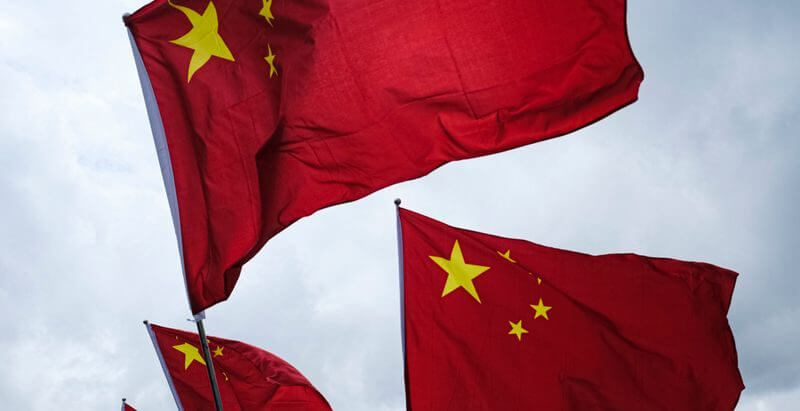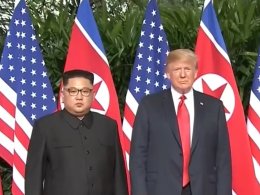By: Jason Cohen, Daily Caller News Foundation
U.S. institutional investors, including endowments, are indirectly financing Chinese artificial intelligence (AI) startups that are striving to become China’s versions of OpenAI, The Information reported.
Chinese venture capital (VC) firms including Sequoia Capital China, Matrix Partners China, Qiming Venture Partners, and Hillhouse Capital Management, backed by U.S investors, are making deals with local AI startups, according to the Information. Between 2015 and 2021, 167 U.S. investors were involved in 401 investment transactions into Chinese AIbusinesses, based on available data in Crunchbase, according to the Center for Security and Emerging Technology (CSET).
These transactions resulted in $40.2 billion flowing into 251 Chinese AI companies, with 91% of them coming at venture capital (VC) investment stages, such as angel, seed, and pre-seed, according to CSET. These are typically the beginning steps of funding for startups.
Sequoia Capital China recently made a U.S. dollar investment in a fresh AI startup by Yang Zhilin, who is considered one of China’s most prominent AI researchers, according to The Information. Zhilin also co-founded another company that Sequoia backed called Recurrent AI and has published research that overlaps with OpenAI and Google and worked at Google and Meta’s AI labs.
Matrix and Qiming funded a Beijing-based AI startup called Frontis, which has likened its product to OpenAI’s ChatGPT, according to The Information. Following the deal, Frontis said its valuation is in the hundreds of millions of U.S. dollars.
Hillhouse backed a Chinese AI startup called MiniMax, which is working on a product resembling OpenAI’s ChatGPT chatbot, according to The Information. MiniMax is 16 months old and was valued at $500 million less than one year ago.
China is the second-largest VC market behind the U.S., according to The Information. ChatGPT is banned in China, and Chinese chatbots must follow the country’s regulations and strict censorship.
U.S. government authorities have grown increasingly cautious regarding investments in Chinese AI and semiconductors due to the possible aid it could provide to a geopolitical rival, according to The Information.
The Chinese Communist Party (CCP) is aggressive and “promote[s] companies that are growing quickly inside China and block[s] foreign competitors. When those companies sell abroad, the CCP gives them financing to undercut competitors,” Joshua Steinman, former Senior Director of Cyber Security on the National Security Council, previously told the Daily Caller News Foundation.
Sequoia Capital is also a major investor in ByteDance, TikTok’s Chinese parent company, according to TikTok CEO Shou Chew’s testimony to the House Energy and Commerce Committee in March.
Sequoia, Matrix, Hillhouse, and Qiming did not immediately respond to DCNF’s request for comment.
Related Story: TikTok’s Chinese Parent Company Pushes New App









